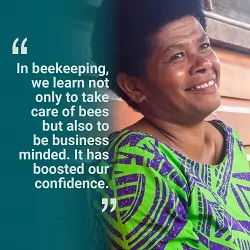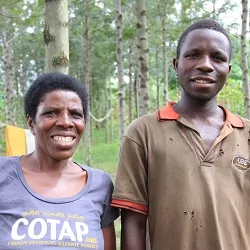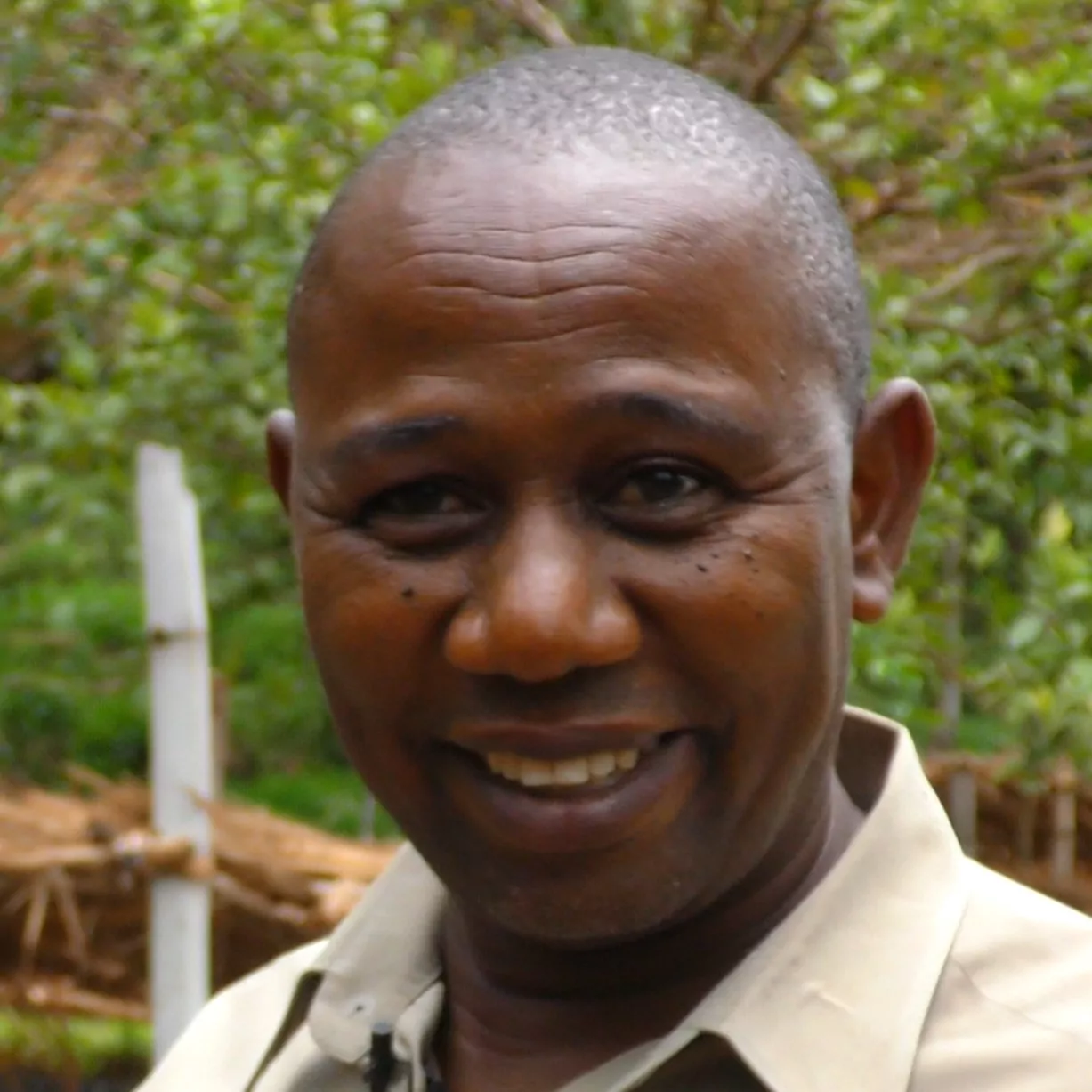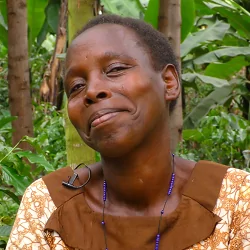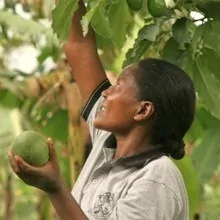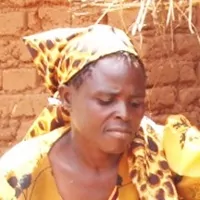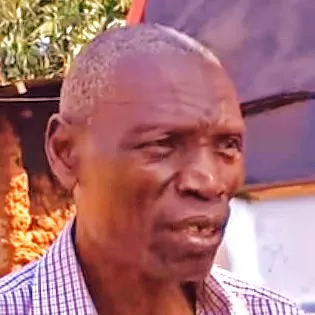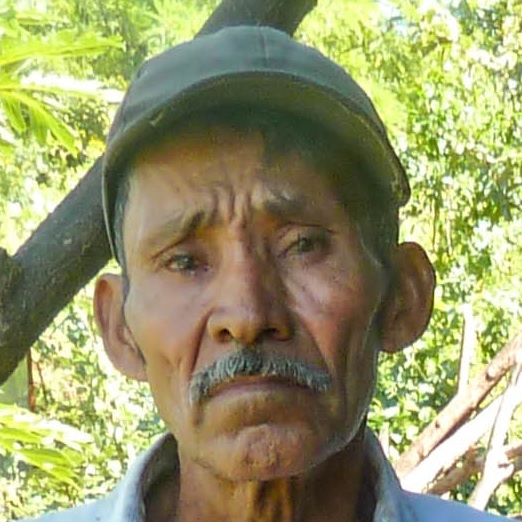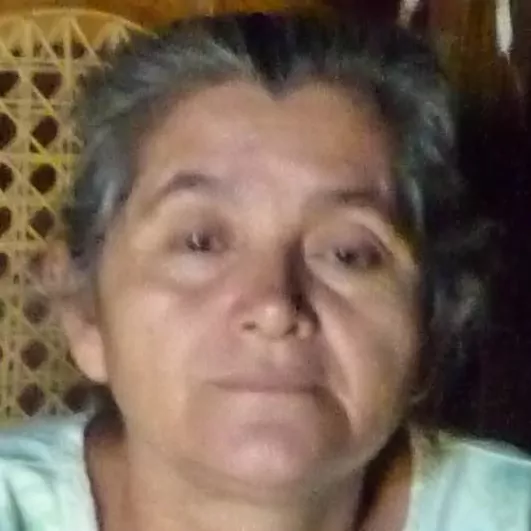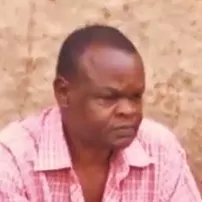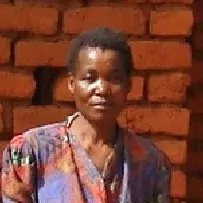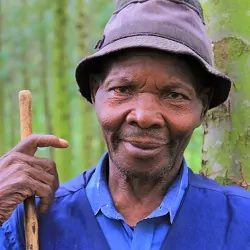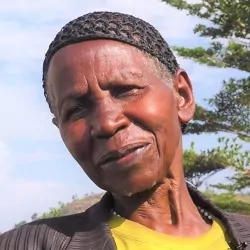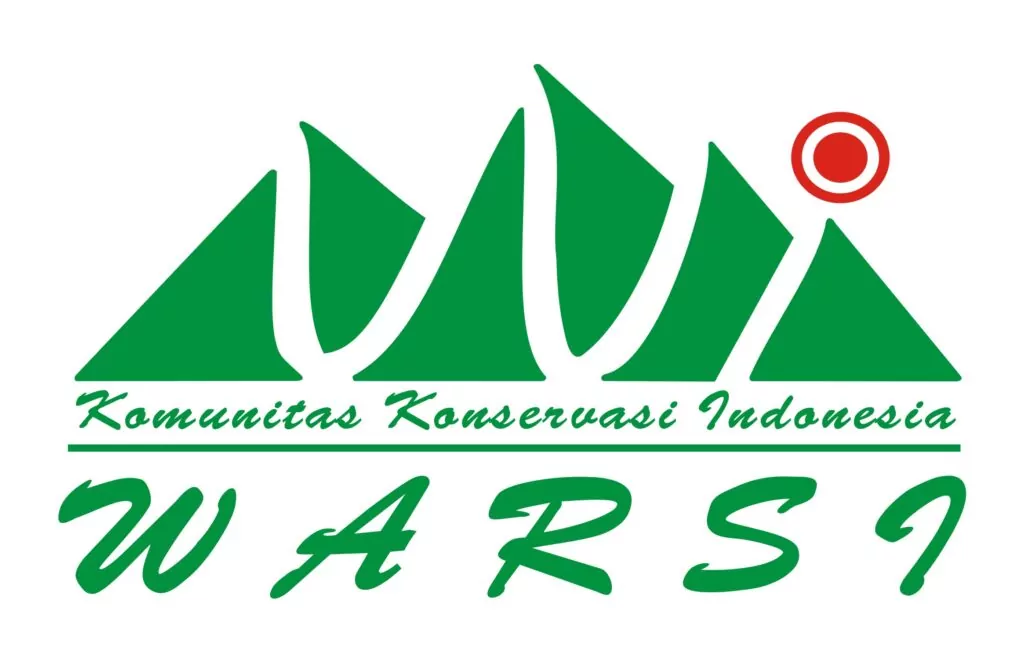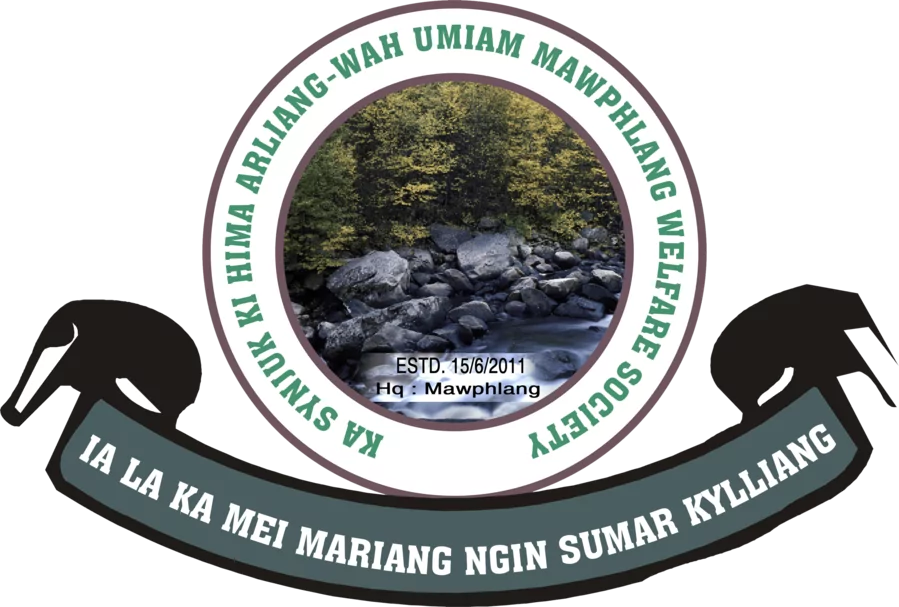Carbon Offsets To Alleviate Poverty (COTAP.org) Launches to Empower Individuals to Simultaneously and Directly Tackle Both Global Poverty and Climate Change
OAKLAND, CA – September 30, 2011 – Carbon Offsets To Alleviate Poverty (www.COTAP.org), which launches today with its first project in Nicaragua, empowers individuals in developed countries to tackle both climate change and global poverty. COTAP.org transparently connects individuals’ carbon footprints with accredited forestry carbon projects in least developed countries which create meaningful and measurable economic benefits for the poorest people in the world. COTAP.org is the only U.S. 501(c)3 public charity with a dual mission that puts global poverty alleviation on an equal footing with climate change abatement.
“Accredited forestry carbon projects in least-developed countries are unparalleled in terms of their reach, their dual social and environmental benefits, their transparency, their accountability, and their long-term impacts,” said COTAP.org founder Tim Whitley. “COTAP.org was created to deliver what these projects need and deserve: early stage funding, at volume, and at a compelling per-tonne price. For individuals, supporting these projects is unsurpassable by any other donation they might make, regardless of what they believe about climate change or its causes. COTAP.org doubles the number of reasons to take action about one’s CO2 emissions.”
COTAP.org’s first partnership and project is with Montreal, Canada-based Taking Root and its Limay Community Carbon Project in the municipality of San Juan de Limay, Nicaragua. Nicaragua is the second poorest country in the Americas, after Haiti. In just three years, the number of trees planted by the Limay project has grown from 5,000 to 205,000, and plantings now cover an area of 159 hectares (or about 234 football fields). To date, the trees planted by this project have generated USD$145,361 for participating communities. The Limay project is planned and accredited under the Plan Vivo carbon accounting standard.
“We are pleased to have this invaluable partnership with COTAP.org,” said Taking Root’s Co-Executive Director and Co-founder, Kahlil Baker. “As the effects of climate change are felt the most in least developed countries, it is evermore important that NGO’s like COTAP help support community-based environmental initiatives in countries such as Nicaragua. Through the Limay Community Carbon Project, Taking Root partners with smallholder farmers to use reforestation as a way to generate revenue for the community, build climate change adaptation capacity, and mitigate the effects of climate change. The COTAP.org site provides an easy way for Americans to contribute to this cause and help make a real difference in the lives of the world’s poorest.”
On COTAP.org, individuals can now calculate their annual carbon footprint and then match all or part of it with the Limay project. A minimum of 54.5% of the carbon revenues for the Limay project will go directly to participating communities. The full amount of U.S.-based donors’ contributions will be tax-deductible per the U.S. Internal Revenue Code. While COTAP’s carbon calculator and 501(c)3 status are geared towards individuals in the U.S., anyone in the world can participate.
COTAP’s upfront guarantee of carbon revenues provides the financial backing that enables partners like Taking Root to plan earlier, reach more farmers, and sequester more carbon dioxide. Individuals’ contributions will be distributed according to the Limay project’s 2012 planting season, which has a seedling development process starting in January and plantings occurring in May and June. Individuals’ tonnes will be pooled and matched with the carbon sequestration to be generated by the 2012 plantings, and then issued carbon credits will be retired by COTAP on behalf of its donors, referred to affectionately as “Cotappers.”
Estimates vary, but at least several hundred million people live on less than $2 per day in rural areas of least developed countries. This is the poverty level which forces people to make hard choices between food, health care, and education, and the poverty level where an estimated 11 million children die every year because of a lack of access to resources many people in developed countries take for granted.
Meanwhile, afforestation/reforestation (or “A/R”) carbon projects have a proven track record of reaching and benefiting rural communities in least developed countries, but such projects have been under-funded by voluntary carbon market participants. Per Ecosystem Marketplace’s State of the Voluntary Carbon Markets 2011 report, 4% of transactions were based on projects located in Africa, and only 6% were A/R. Projects under the Plan Vivo carbon accounting standard, which is dedicated to community forestry in least developed countries, accounted for only 1% of the market. “Plan Vivo only recently issued its 1 millionth cumulative certified tonne, and COTAP aims to eventually connect 250K individuals with these types of projects to the tune of 5 million tonnes per year,” said Mr. Whitley.
CONTACT INFORMATION
COTAP.org
Tim Whitley, Founder & CEO
Email: press [at] cotap.org
Taking Root
Kahlil Baker, Co-Executive Director & Co-founder
Email: info [at] takingroot.org
About COTAP.org
Based in Oakland, CA, Carbon Offsets To Alleviate Poverty (www.COTAP.org) is a registered 501(c)3 non-profit with a dual mission that puts global poverty alleviation on an equal footing with climate change abatement.
About Taking Root
Founded in 2007, Taking Root (www.takingroot.org) is a non-profit organization based in Montreal, Canada, that develops social reforestation projects in collaboration with small-scale farmers in Nicaragua. Its activities are funded through the sale of third-party verified carbon offsets to businesses and individuals around the world. Its mission is to restore ecosystems, improve livelihoods, and tackle climate change.
About The Plan Vivo Foundation
The Plan Vivo Foundation is a charity based in Edinburgh, Scotland which oversees the Plan Vivo Standard. With roots stretching back to a research project in Chiapas, Mexico in 1994, Plan Vivo is the longest-standing and most established forestry carbon accounting standard in the world. Plan Vivo is also the only forestry carbon accounting standard which always requires projects to have detailed plans for direct payments to smallholders and community groups. In June 2011, Plan Vivo issued its one millionth Plan Vivo certificate, meaning that projects have collectively sequestered or reduced over 1 million tonnes of carbon dioxide.
###


